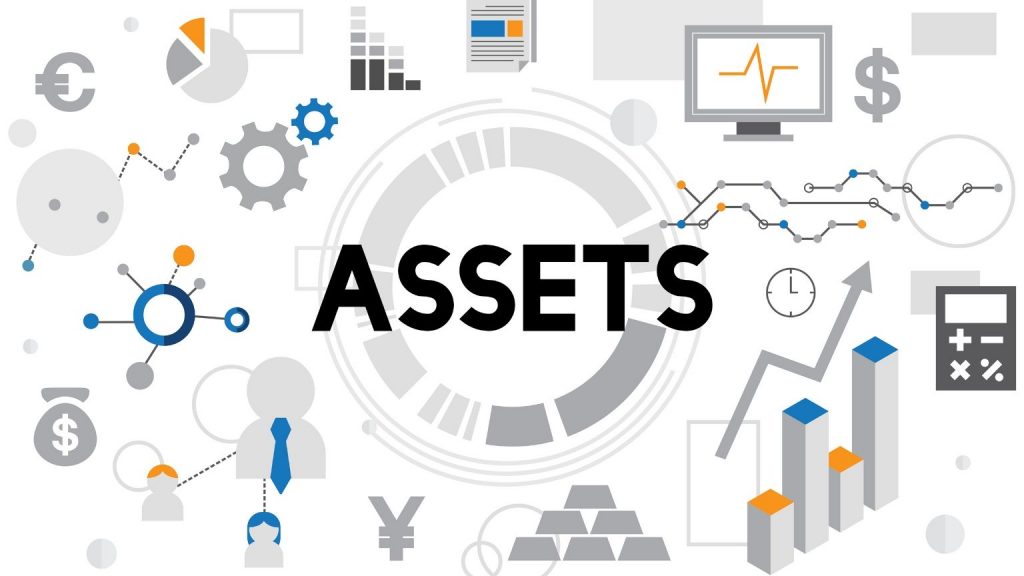- Have any questions?
- 503-967-3219
- info@cascade-balancedbooks.com
Common Accounting Terms, Explained

10 Purchases You Didn’t Know Were Tax Deductible
January 10, 2019
Cash Basis Accounting vs. Accrual Accounting
February 7, 2019Whether you are managing a business, working through your own finances, or are just brushing up on your accounting skills and terminology, there are certain basic accounting terms and words you should know.
Here are some of the most common accounting and bookkeeping terms to help you effectively handle your finances.
Balance Sheet
A balance sheet is a financial statement which states an individual’s or a company’s financial balances. Also known as a statement of financial position, a balance sheet is a summary of financial balances. It can include assets, capital, and liabilities.
Assets
Assets are resources which have economic value that a company uses to generate income. Assets can include buildings, vehicles, cash, land, tools, equipment, and more.

General Ledger
The general ledger holds the income statement accounts balance sheet. It is where all business transactions are kept and recorded and includes office expenses, sales, and more.
Gross Margin
Gross margin, or profit, is a company’s total revenue minus associated costs (material, manufacturing costs, etc.)
Revenue
Revenue, or income, includes cash sales, interest income, credit purchases, subscription fees, and more. It is the measure of how much income a company receives in sales.
Trial Balance
The trial balance can be found in the general ledger. It includes the debit and credit balances for one account.
Accounting Period
This is the time period in which any financial information for a certain time frame is tracked. This is typically done monthly, quarterly, or annually.
Accounts Payable
Accounts payable tracks all outstanding bills from contractors, vendors, or other companies. These accounts represent the money a business owes to its suppliers.

Debits and Credits
Every transaction which is recorded in the accounting process goes into two categories: debit and credit. A debit is a transaction which is added to an account, while a credit is a value that is removed.
Fiscal Year
A fiscal year is a period of 12 months which a company uses for accounting and financial purposes. It is not the same as a calendar year.
Liabilities
Liabilities are the financial obligations companies owe including loans, mortgages, and other expenses.
Inventory
The account which tracks all of the products a company sells to its customers.

Expenses
Expenses are costs a business takes on to generate their own income. This includes salary, rent, bills, and more.
Capital
Capital, or working capital, is money that an organization has readily available to pay bills or reinvest. This is a key factor that is used to measure a business’s financial health.
Payroll
This is how a company pays its employees and is one of the main functions of a bookkeeper, who also reports payroll to the government and calculates employee taxes, workers’ compensation, and unemployment taxes.
These are just a few of the common accounting and bookkeeping terms that you should be familiar with for a thorough understanding of basic accounting.
With a firm grasp of these terms, you can become more comfortable with the basics of accounting as you begin to navigate through the essentials of bookkeeping.





